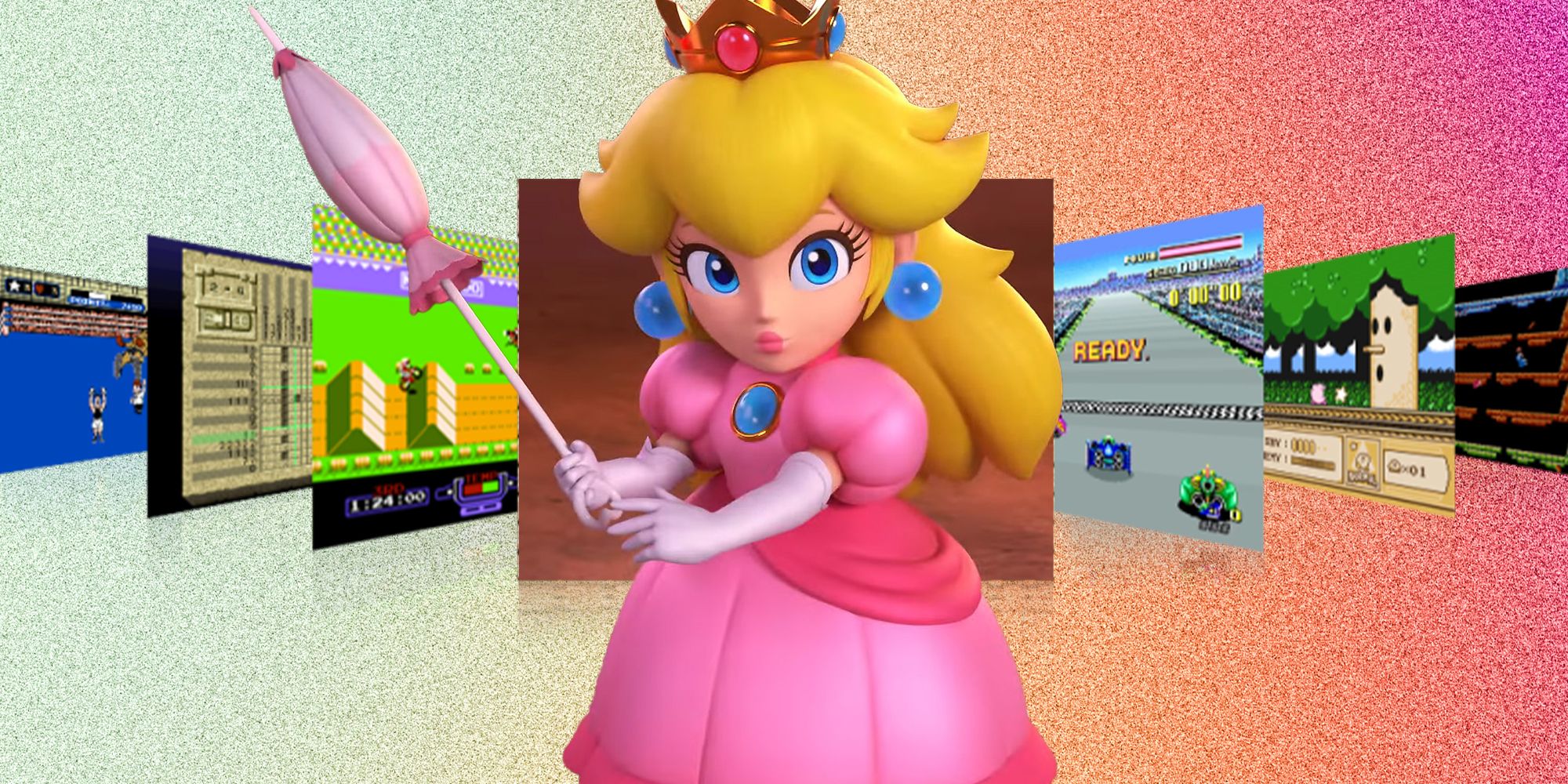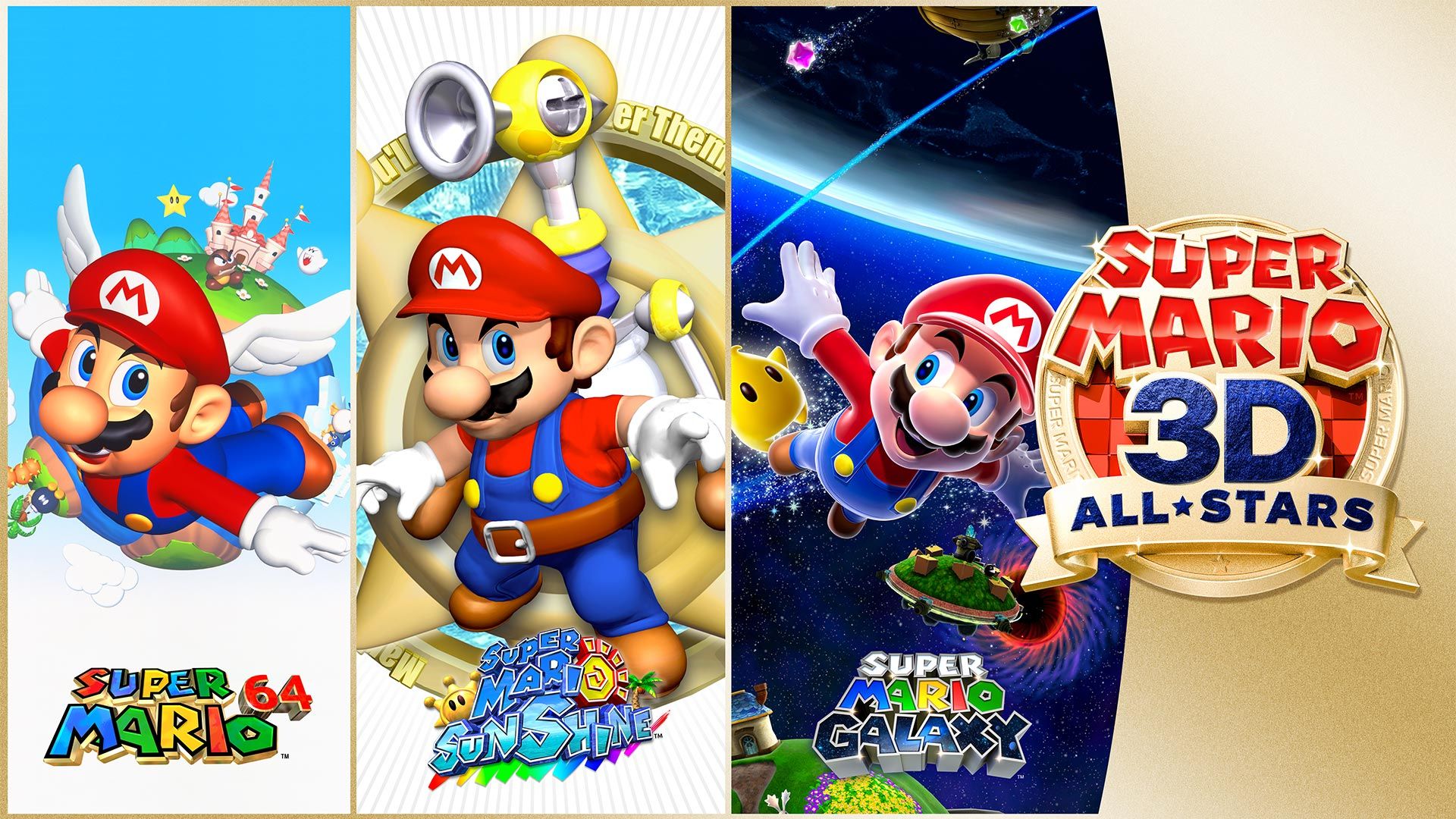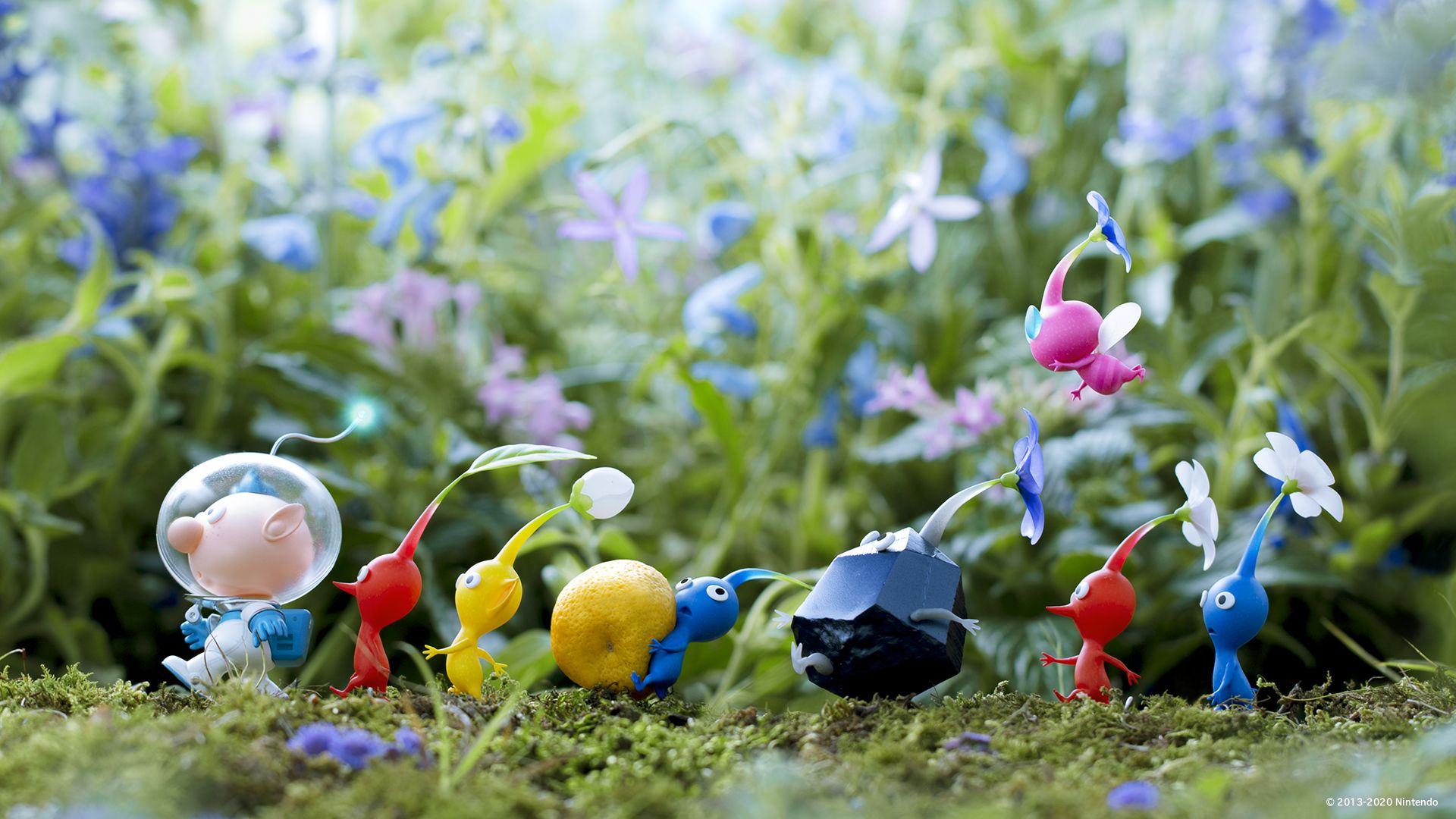A few weeks ago Nintendo shadow dropped Pikmin 1+2 HD onto the eShop alongside a demo for Pikmin 4. Suddenly, two forgotten GameCube classics had a new home on Switch with a handful of modern bells and whistles. Except there was a catch - they each cost $30.
Following in the footsteps of Super Mario 3D All-Stars, this is yet another premium release of an older title with minimal upgrades that, in a past life, would have occupied cheaper places like the Wii U or 3DS virtual console. In an age where remasters and remakes are bound to attract millions of potential players even at a higher price point, the incentive to present past entries in its library in a more palatable fashion just doesn’t make financial sense anymore.
Nintendo’s excessive greed has led to a stance that is simply anti-preservation as it chooses which games are worth remastering for modern audiences while countless others are left behind for no good reason. But it’s difficult to blame them when gamers are happy enough to cough up the pennies every time. I was excited as Pikmin 1+2 were confirmed to be making a comeback, especially since the only way to play them right now is either through GameCube, Wii, or emulating them off my own back. These classics are still receiving sequels and remain popular properties, and it sucks that experiencing their origins is bound to be another sunk cost for gamers wanting to be caught up on their history.
Super Mario 3D All-Stars, which compiled Super Mario 64, Sunshine, and Galaxy, was rolled out as a limited release for some godforsaken reason. Three games we wanted desperately to play on modern hardware were finally available, but at an inflated price point with a weird artificial scarcity that Nintendo wanted to enforce for no reason beyond heightening assumed value. Ditto the original Fire Emblem, which briefly came to the eShop then was removed four months later. It’s gross, and lessens the prestige of its own legacy while planting an irrational fear in our minds that these classic games we want to remain available will suddenly vanish without a trace. Metroid Prime Remastered and Pikmin 1+2 thankfully didn’t pull this trick, but there is nothing stopping Nintendo from doing this again. Given previous success, it definitely will.
I’m not against the idea of remasters and remakes, and have long been a victim of my own nostalgia when it comes to revisiting games from my youth. Last month saw Capcom finally release Ghost Trick Phantom Detective on modern platforms, but this was a cult puzzle classic previously confined to DS and older versions of iOS, not a platforming juggernaut that sold millions. Remakes for series like Resident Evil have sound logic too, and all prove themselves with excellent gameplay systems and worthy interpretations of existing characters we know and love. The original games are still available on digital storefronts also, with no effort made to remove them or suddenly label one as somehow definitive.
We’ve reached a point where games we consider ‘retro’ from consoles such as the PS2 and GameCube are visually competent enough in comparison to modern ones where remasters can jazz up textures, improve the resolution, and boost performance to justify asking prices that quickly stack up in cost. I’m more than happy to pay that price in most cases, and so are you if current trends are any indication, but it sucks that initiatives that once hoped to preserve the classics we grew up playing are being replaced with far more expensive alternatives.
I would compile dozens of PS1 classics on the PS3 and PS Vita, none of which ever cost more than $15 or so, and the same went for Game Boy, NES, and SNES titles on 3DS. It seemed like the companies behind them understood their respective values, but this has long been wiped away thanks to the advent of subscription services and ability to produce remasters with a similar amount of effort for ten times the profit. This isn’t going to change, and Nintendo isn’t going to suddenly change its tune and start throwing GameCube gems onto Nintendo Switch Online when the alternative far better serves its bottom line. It’s the same for every major company out there, and affordable and accessible game preservation will forever play second fiddle to capitalism so long as we keep playing along.



